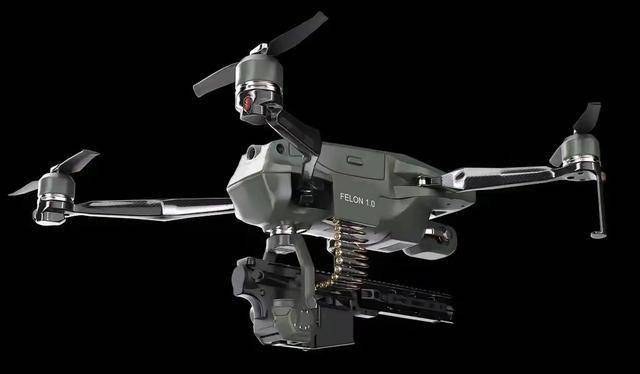Diving into FPV Drones: Understanding Their Unique Characteristics
FPV drones, known for providing an unparalleled aerial experience, have become a new trend in the world of remote-controlled flying devices. But what is an FPV drone? To answer this, we must first grasp the essentials of this innovative technology.
FPV: First-Person View Explained
The term “FPV” stands for First-Person View, a perspective allowing users to control a drone as if they are in the cockpit. This immersive experience is achieved by using a camera mounted on the drone, sending a live video feed back to goggles or a screen. This technology is transforming how enthusiasts engage with flying drones, providing a real-time view as they soar through various landscapes, offering an exhilarating experience similar to virtual reality.
The Components of FPV Drones
An FPV drone typically consists of several main components that differentiate it from standard drones. At its heart, the FPV drone boasts a camera setup, usually with enhanced stabilization features for smooth video transmission. Additionally, the transmitter is vital for sending the video feed to the pilot’s goggles or monitor, ensuring a seamless and engaging piloting experience.
Advantages of FPV Drones
FPV drones offer various advantages, chiefly the immersive flying experience that makes navigation thrilling and precise. Operators can perform maneuvers with high accuracy, which is particularly valuable for racing, a popular application of FPV drones. Furthermore, their ability to capture dynamic footage makes them perfect for cinematography projects, allowing filmmakers to obtain shots that were previously impossible.
Challenges Faced by FPV Enthusiasts
However, piloting an FPV drone comes with its own set of challenges. New users often find it difficult to adapt to the unique control mechanics, which are typically more sensitive than traditional drones. Another aspect is the need for a licensed frequency band for transmitting video, which can sometimes pose legal hurdles in certain regions. As a result, enthusiasts must familiarize themselves with local regulations to ensure compliant operation.
FPV Drone Racing: Thrill and Skills
FPV drone racing has emerged as a competitive sport, combining the thrill of racing with the technical skills needed for maneuvering through complex courses. This sport is gaining traction globally, as it appeals to those with a passion for speed and technology. Competitions are held in various formats, often involving intricate obstacle courses that test the limits of pilots and their custom-built drones.
Future of FPV Drones
Looking to the future, FPV drone technology is continuously evolving, with improvements in camera resolution, flight time, and transmission quality. Advances in battery technology are particularly noteworthy, as they extend the duration of flights and enhance the capabilities of these drones. Additionally, the integration of AI is poised to revolutionize FPV drone operations, offering features like automated obstacle detection and improved flight path optimization.

